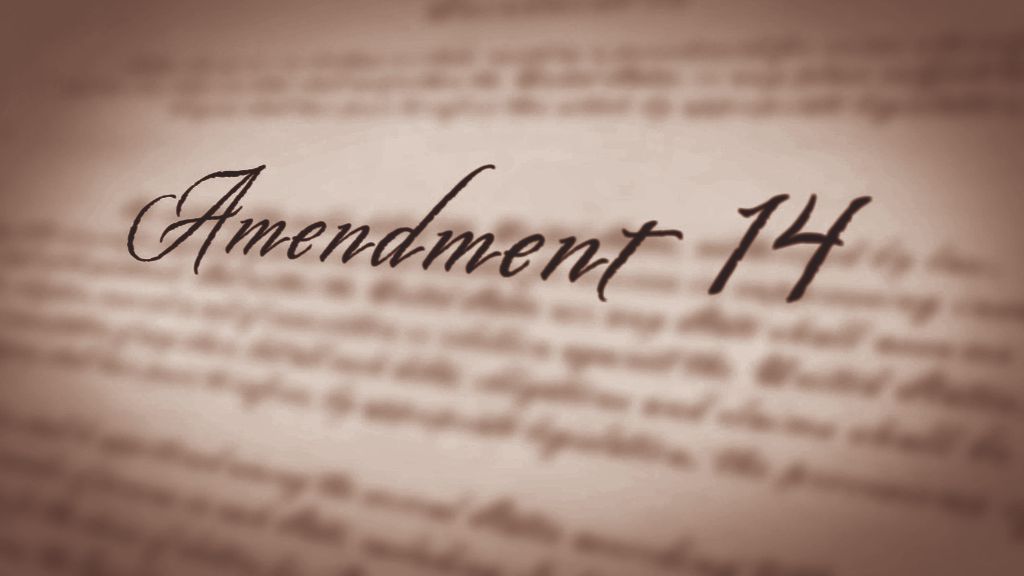Dave Brat Discusses the Earth-Shattering Effects for When the Fed Begin Quantitative Tightening
Inflation isn’t going away anytime soon. Consumer prices rose 8.3% in August, higher than most analysts predicted. There are worrying signs price pressures are broadening: Core inflation, which excludes volatile food and energy prices, reached 6.3%. Wages are rising too, but not fast enough to compensate for two years of eroding purchasing power. The data are clear: American families are hurting.
Despite a century of experience, the Fed still gets basic monetary policy wrong. The problems are not necessarily with policy or personnel, which would be relatively easy to fix. The failure is institutional: Fed officials have too much leeway to make policy on the fly. The proper remedy is a strict monetary policy rule, created and enforced by Congress.
The Fed has been a source of economic instability ever since the Great Depression. Its ad hoc decisions make money sometimes too loose—causing dangerous bubbles and severe price hikes—and sometimes too tight, causing crippling losses of income and employment. For a relatively brief period from the mid-1980s through the early-2000s, it seemed central bankers had cracked the code. Then came the global financial crisis, precipitated by a Fed-fueled bubble from 2003 to 2005.
Analysis by John Taylor, one of the world’s most respected monetary policy scholars, shows very clearly what Fed policy should have been. At one point, short-term interest rates were more than 3.5 percentage points lower than economic fundamentals dictated. The Fed was off by a mile. After the bubble burst, Fed dithering protracted the pain. The Fed’s own economists estimate the total wealth destroyed by the meltdown was staggering: $70,000 for every American.
Our current woes are also Fed-induced. The central bank’s aggressive monetary policies caused the money supply to explode from $15.5 trillion in March 2020 to $21 trillion in 2021. That’s a more than 35% increase, far exceeding the market’s COVID-induced liquidity needs. Inflation reached its highest levels since the early 1980s as a result.
By David Brat and Alexander William Salter
Read Full Article on Newsweek.com







